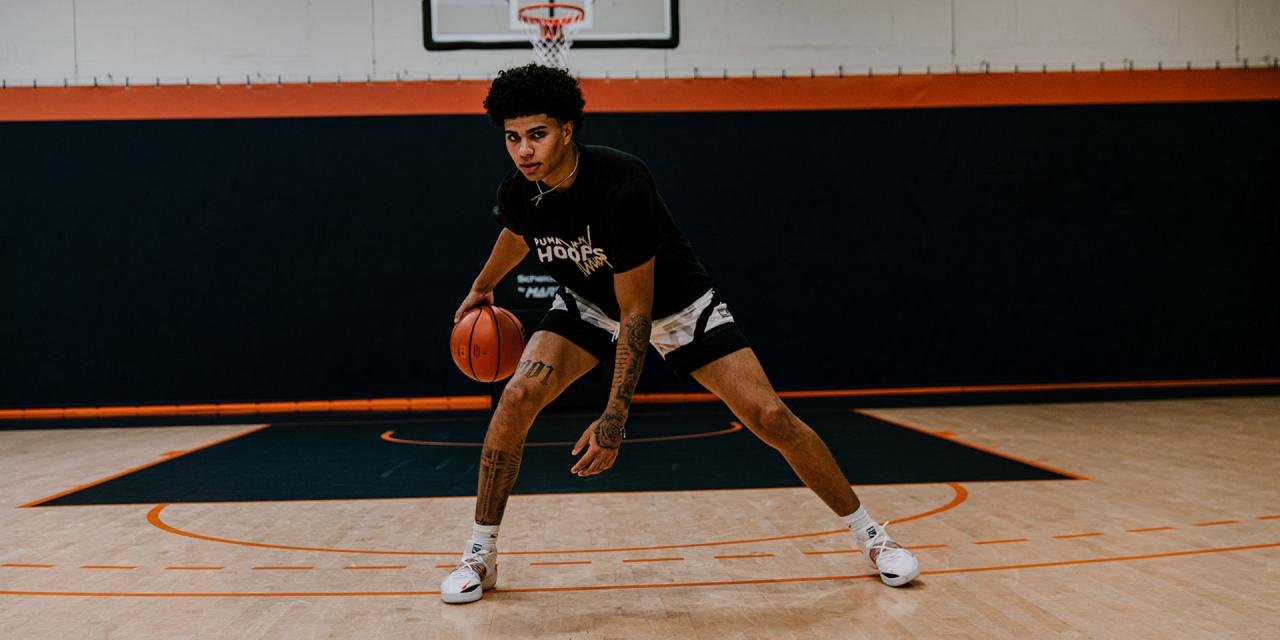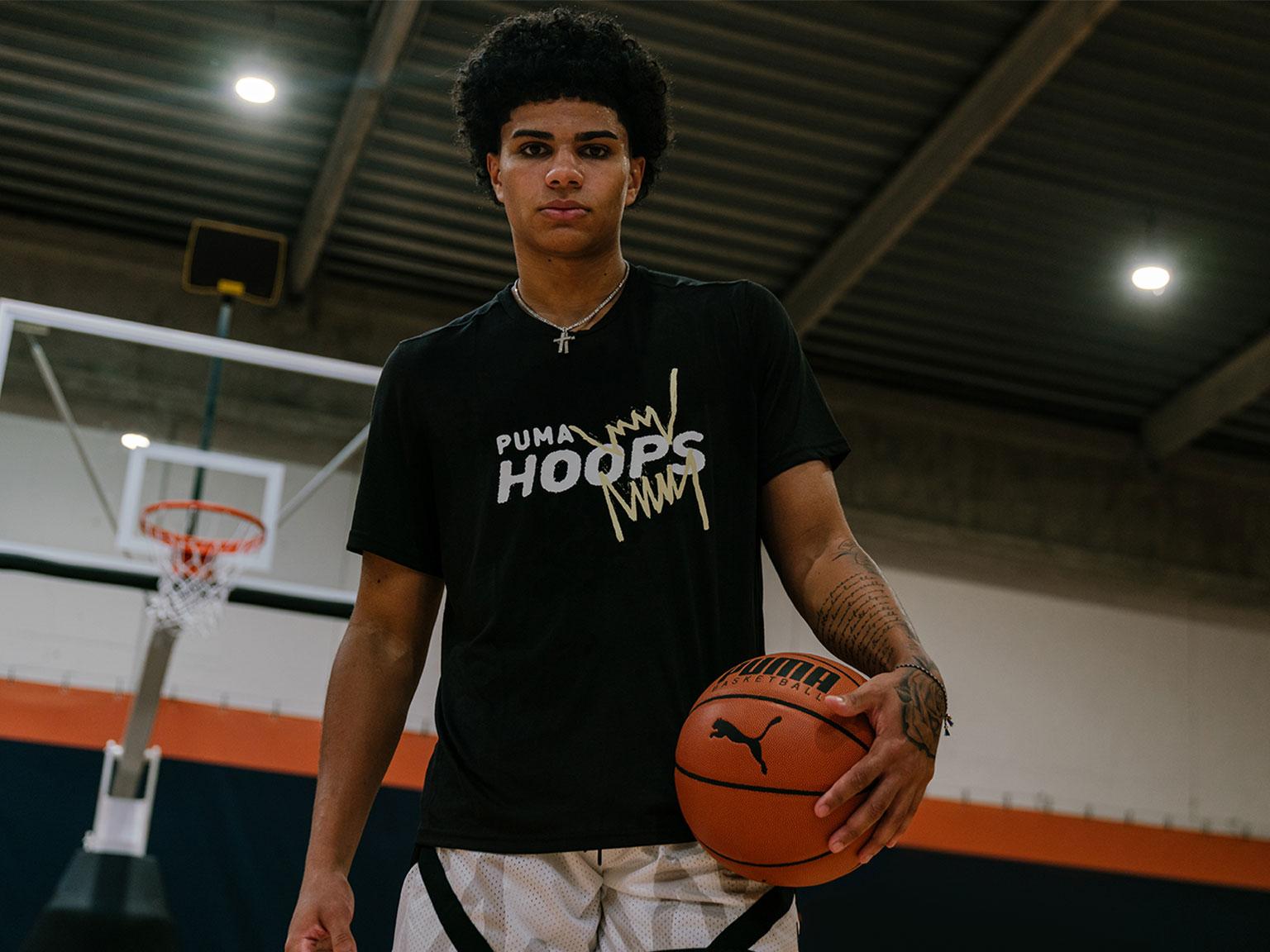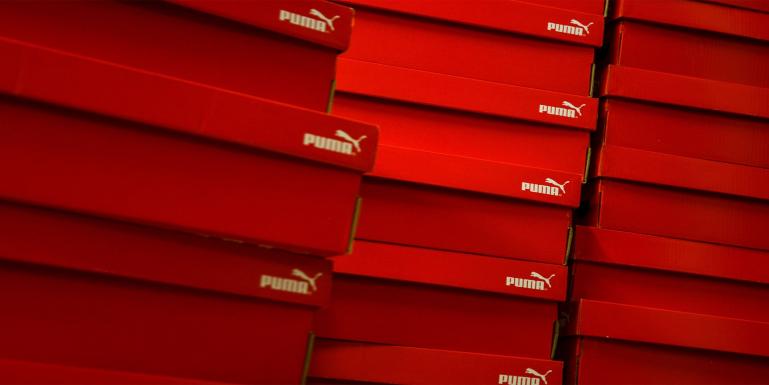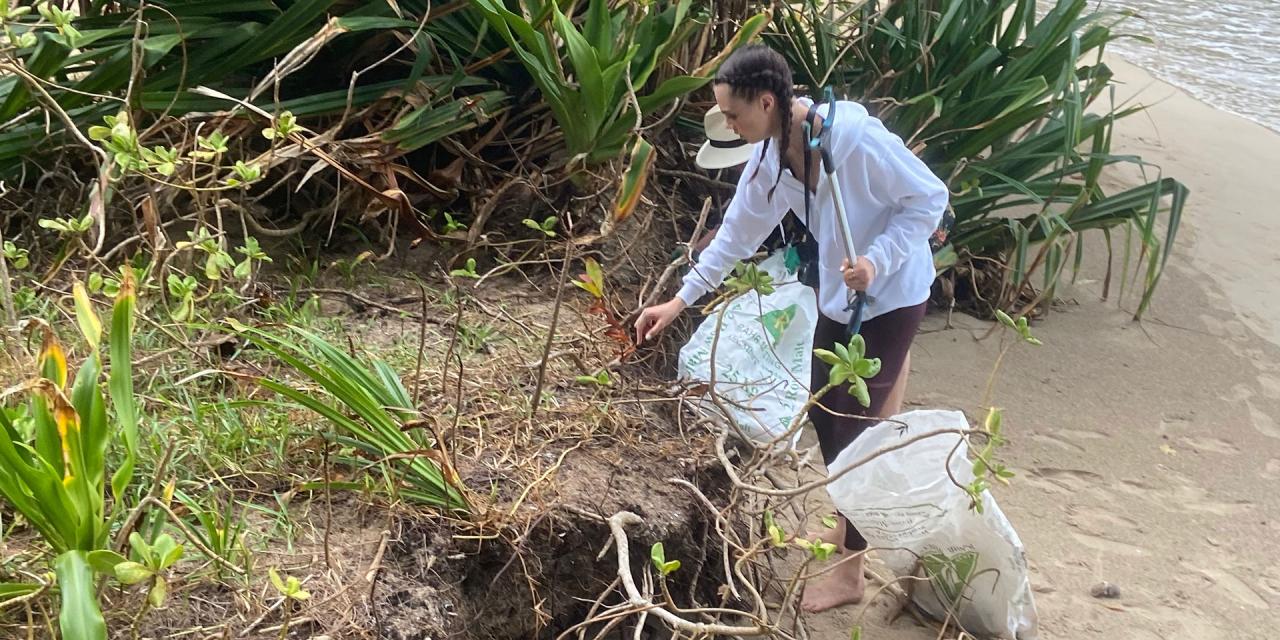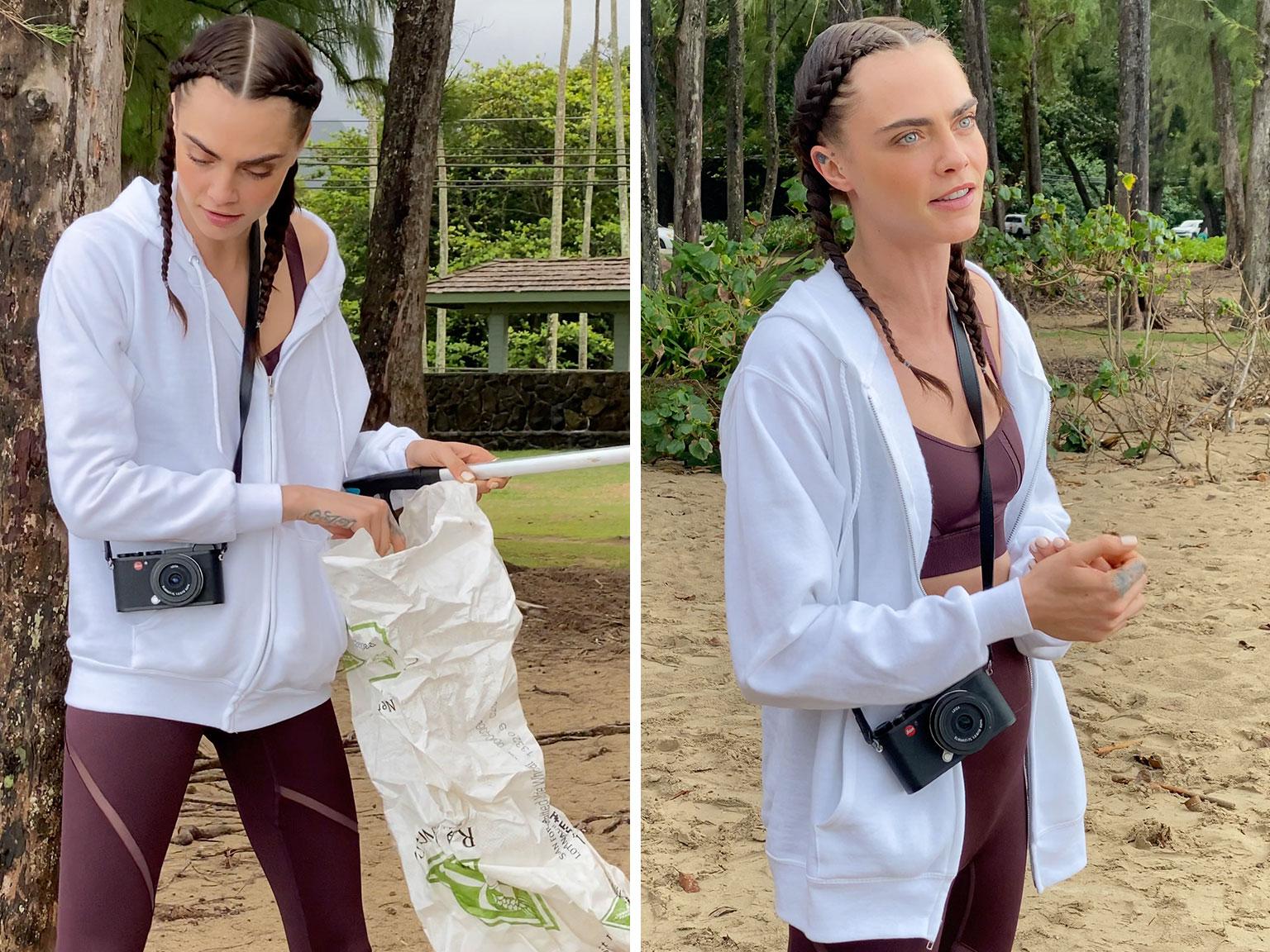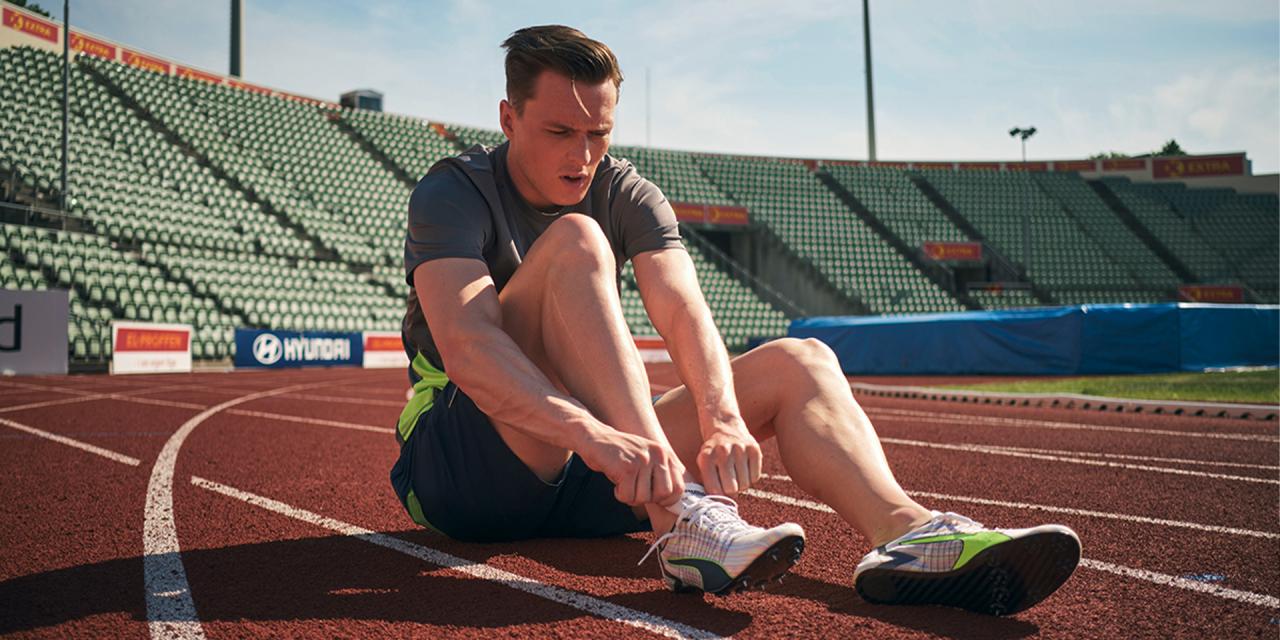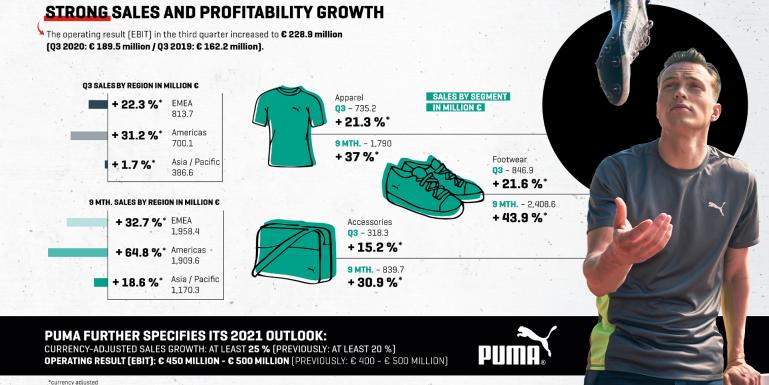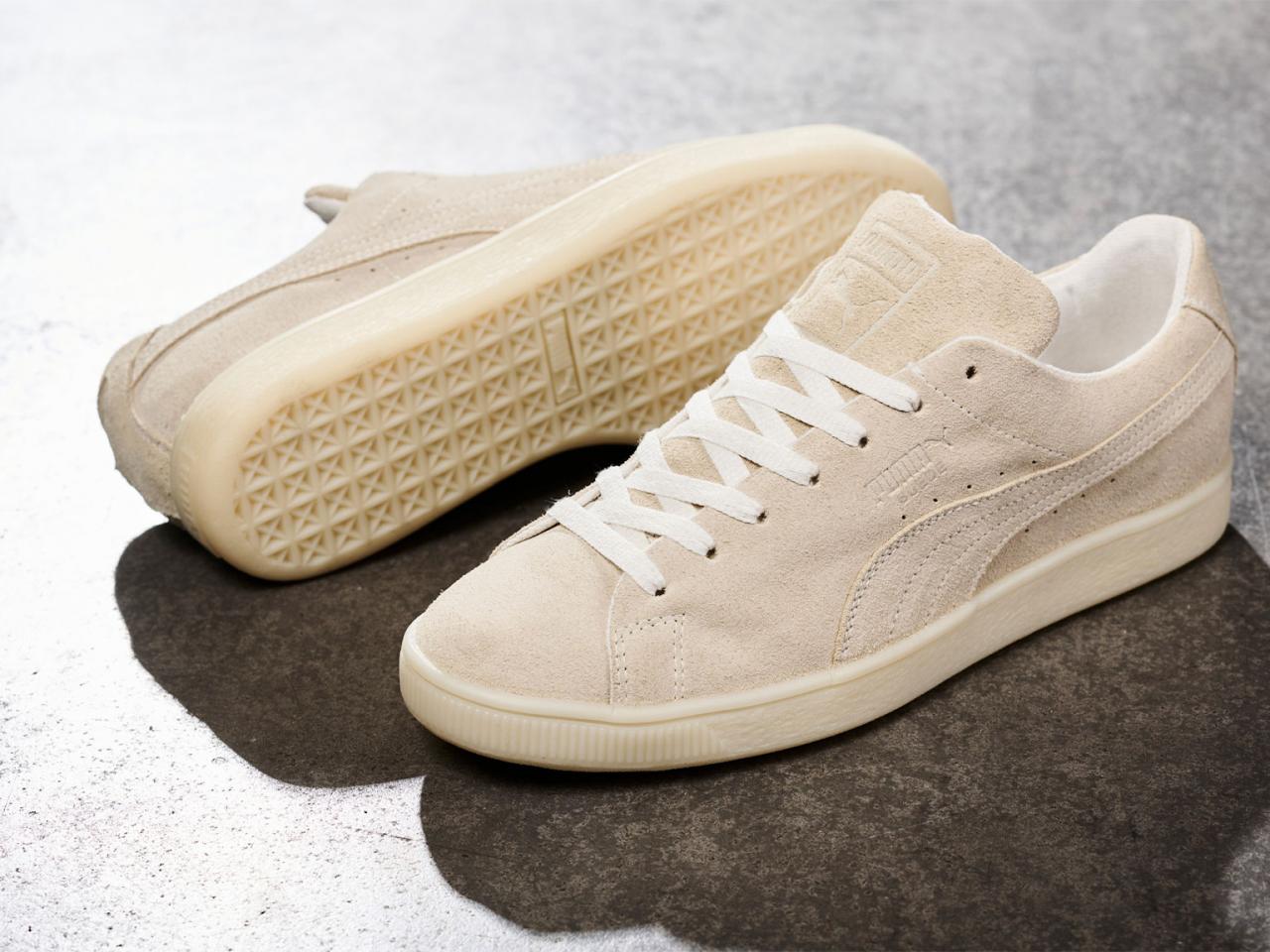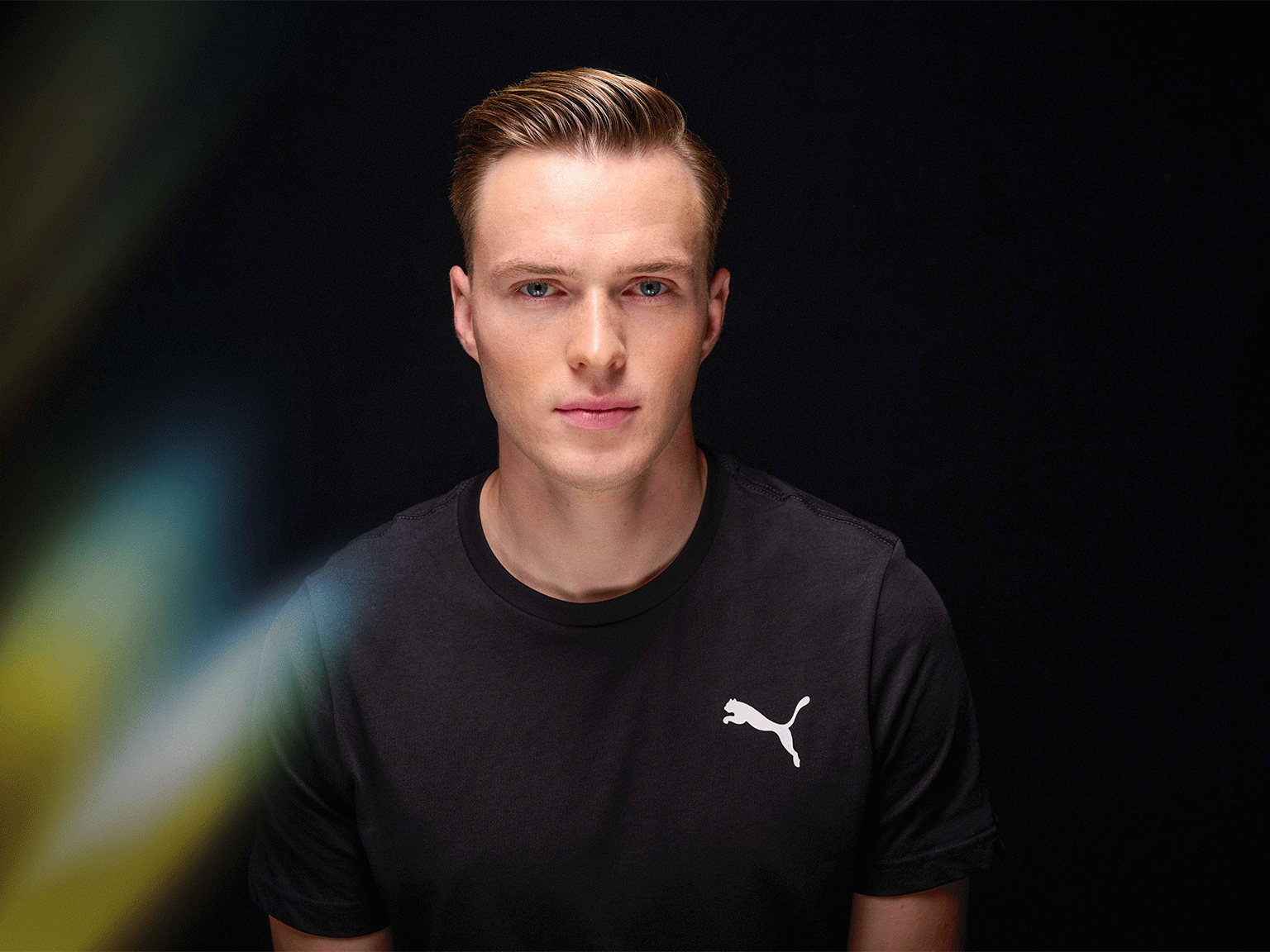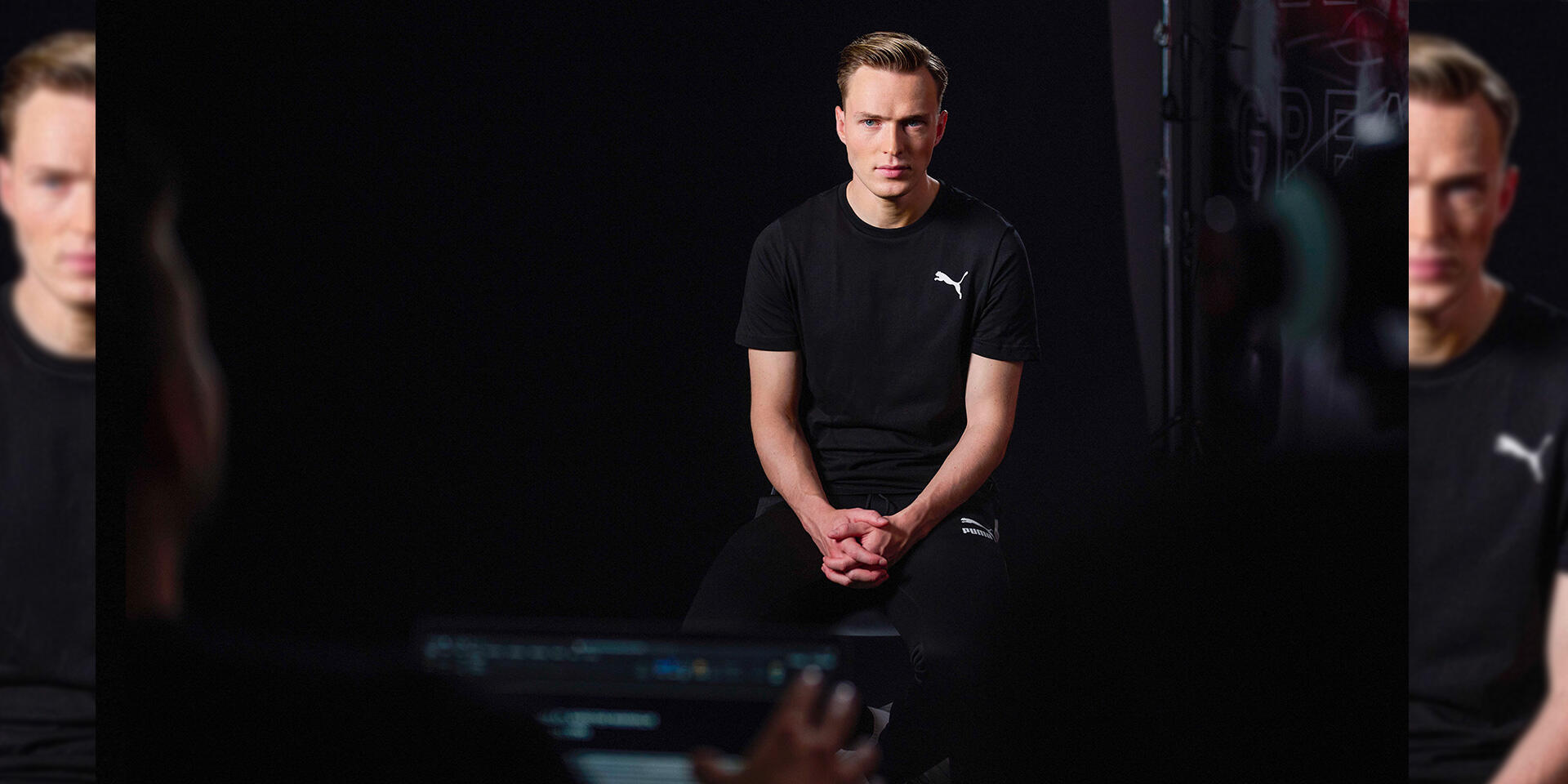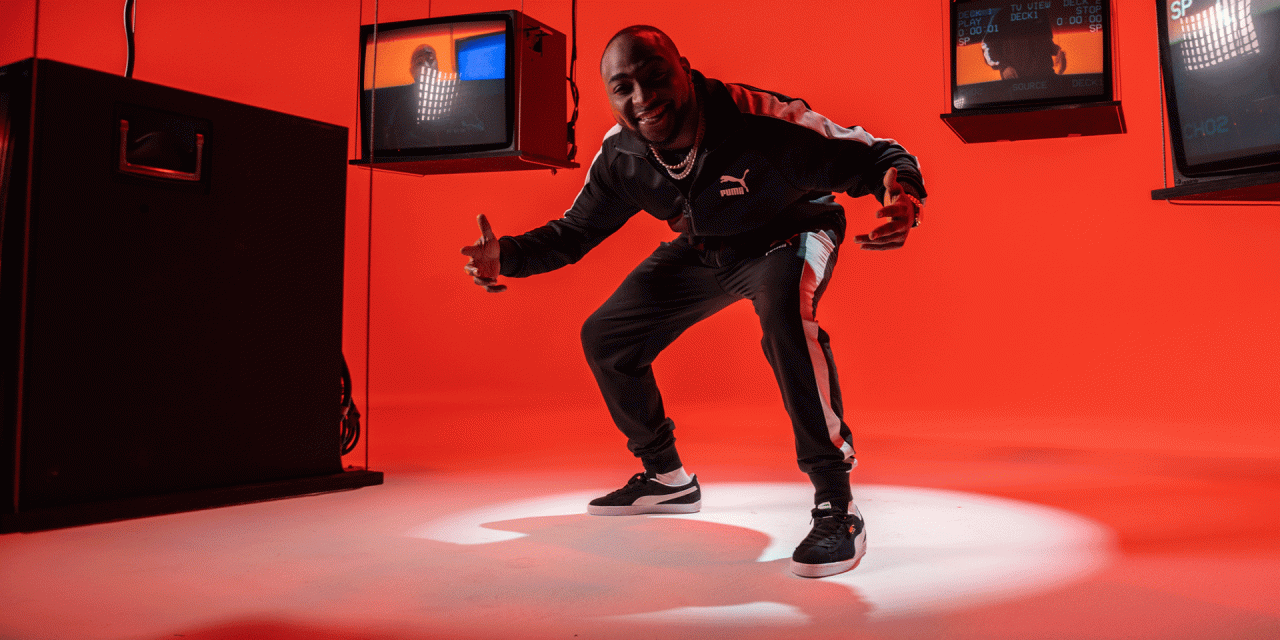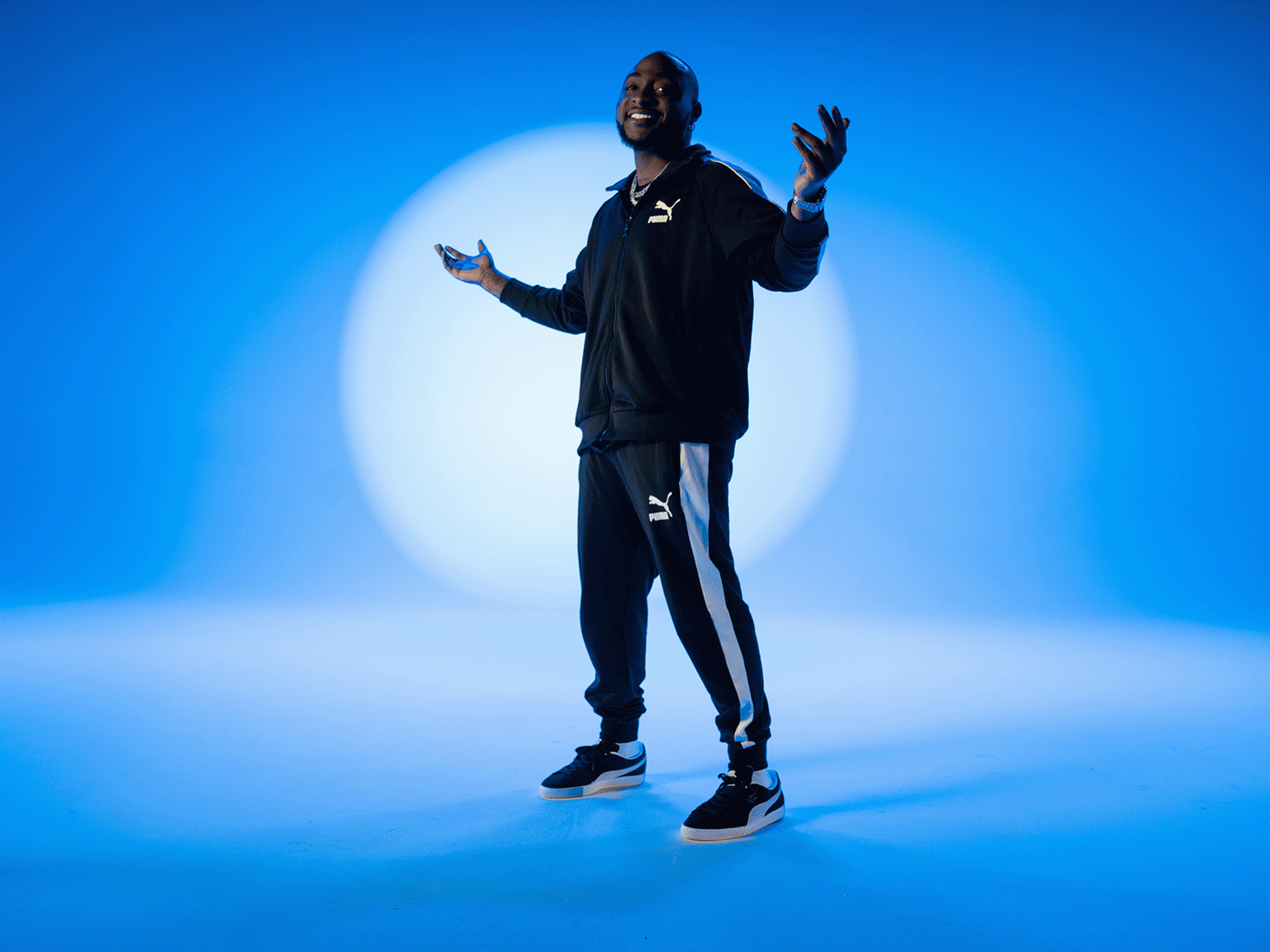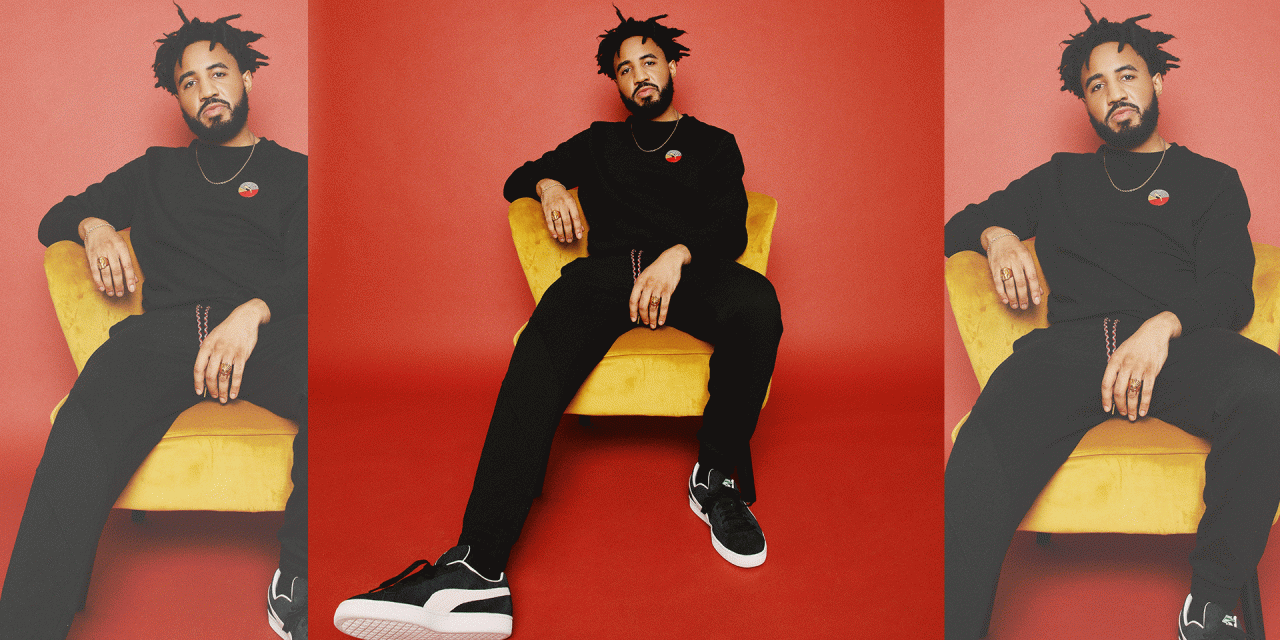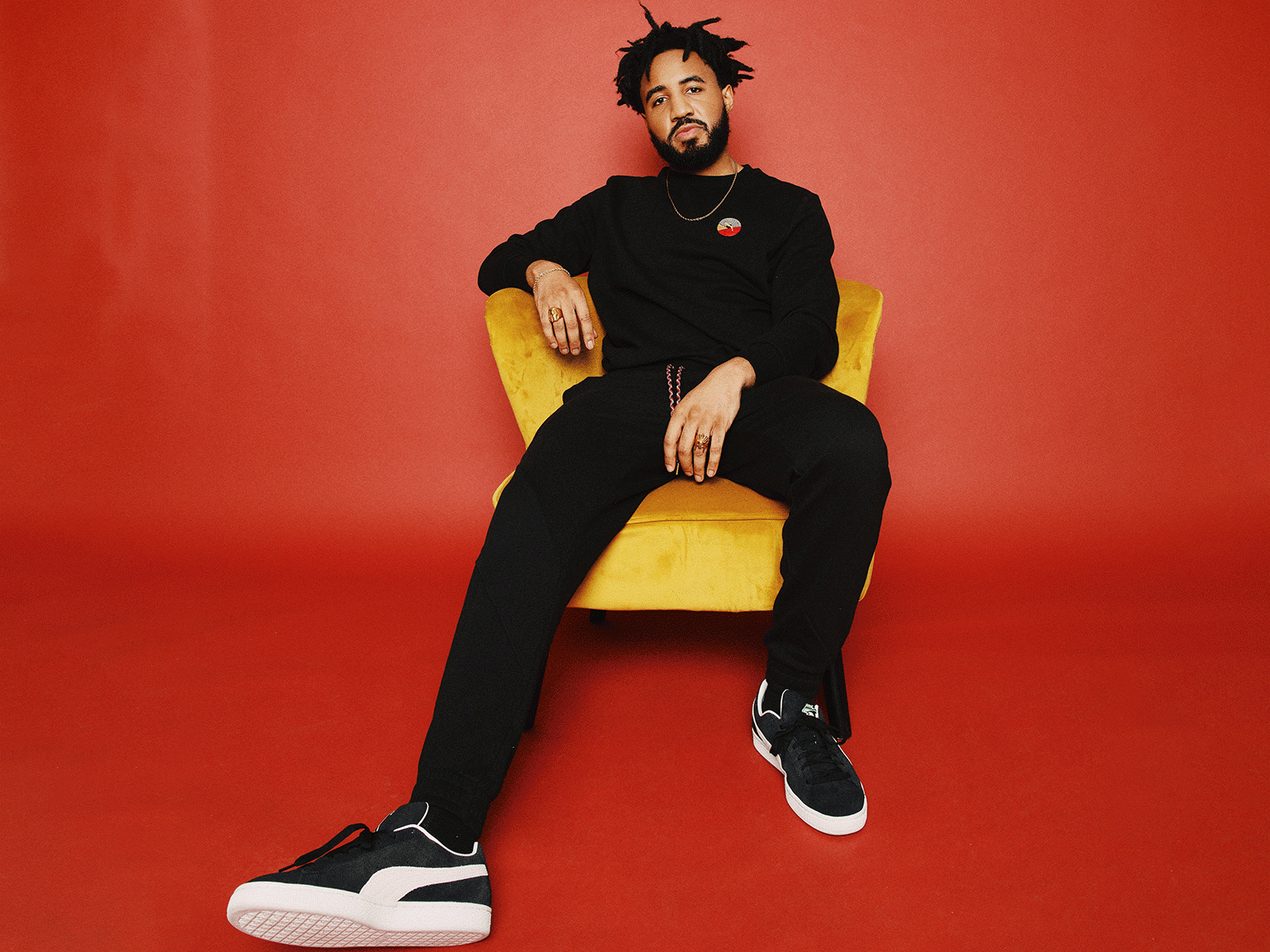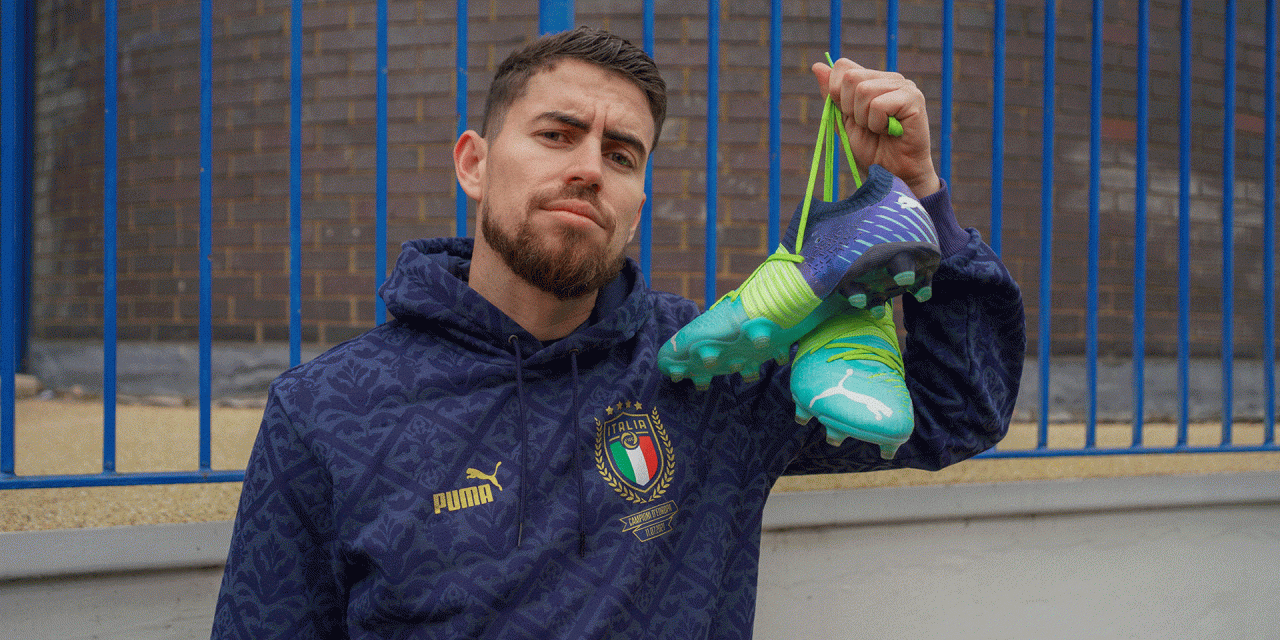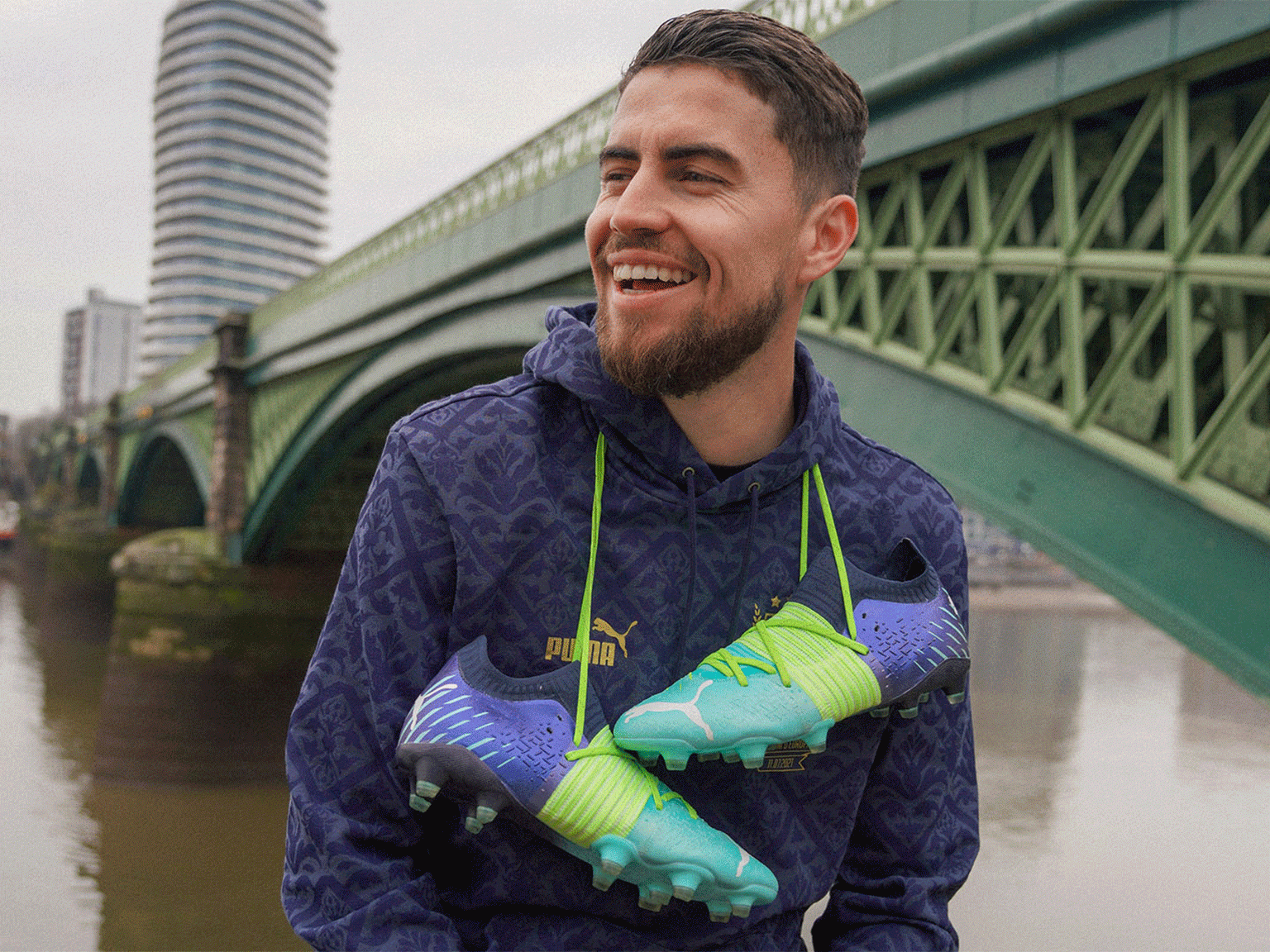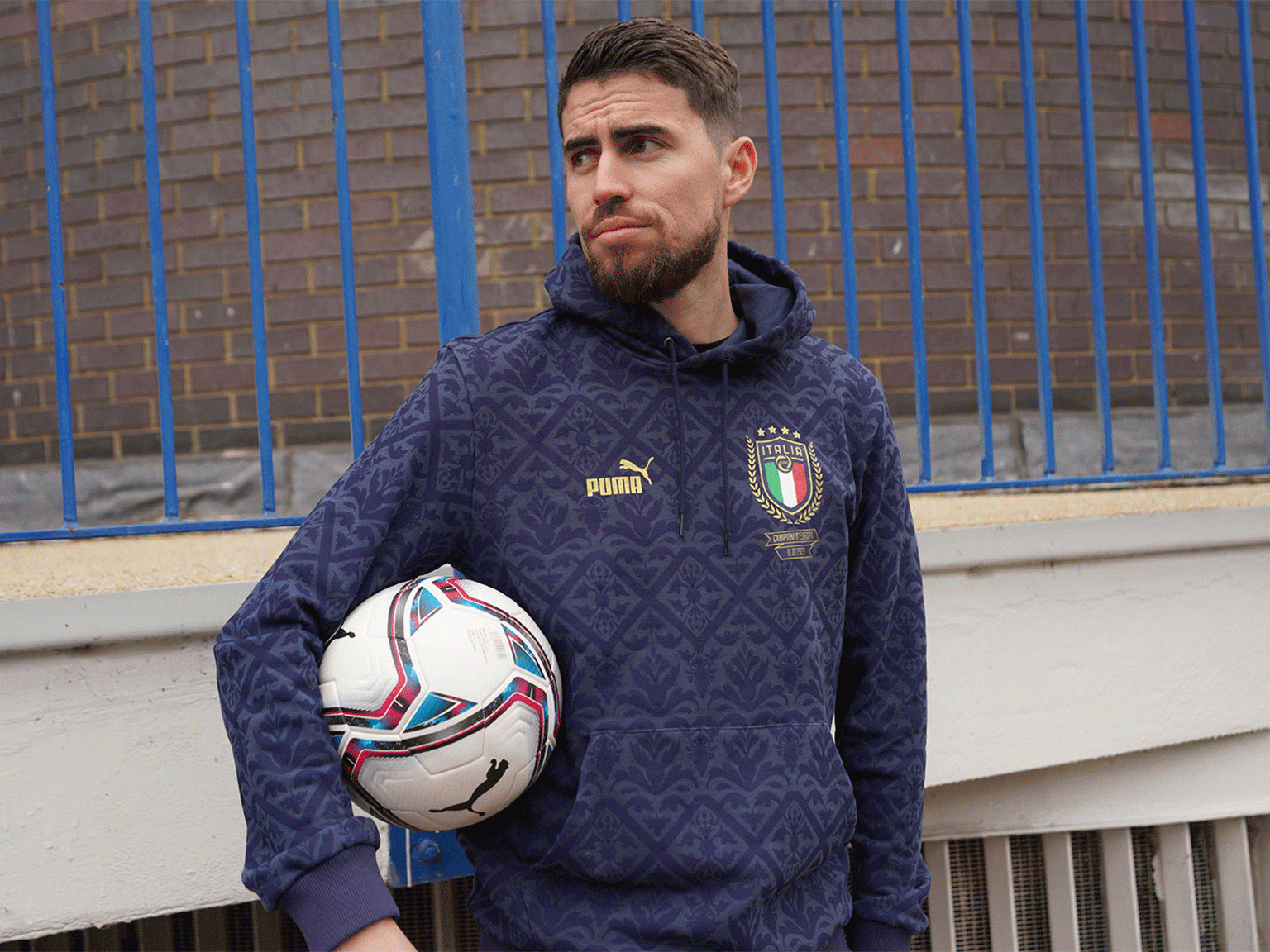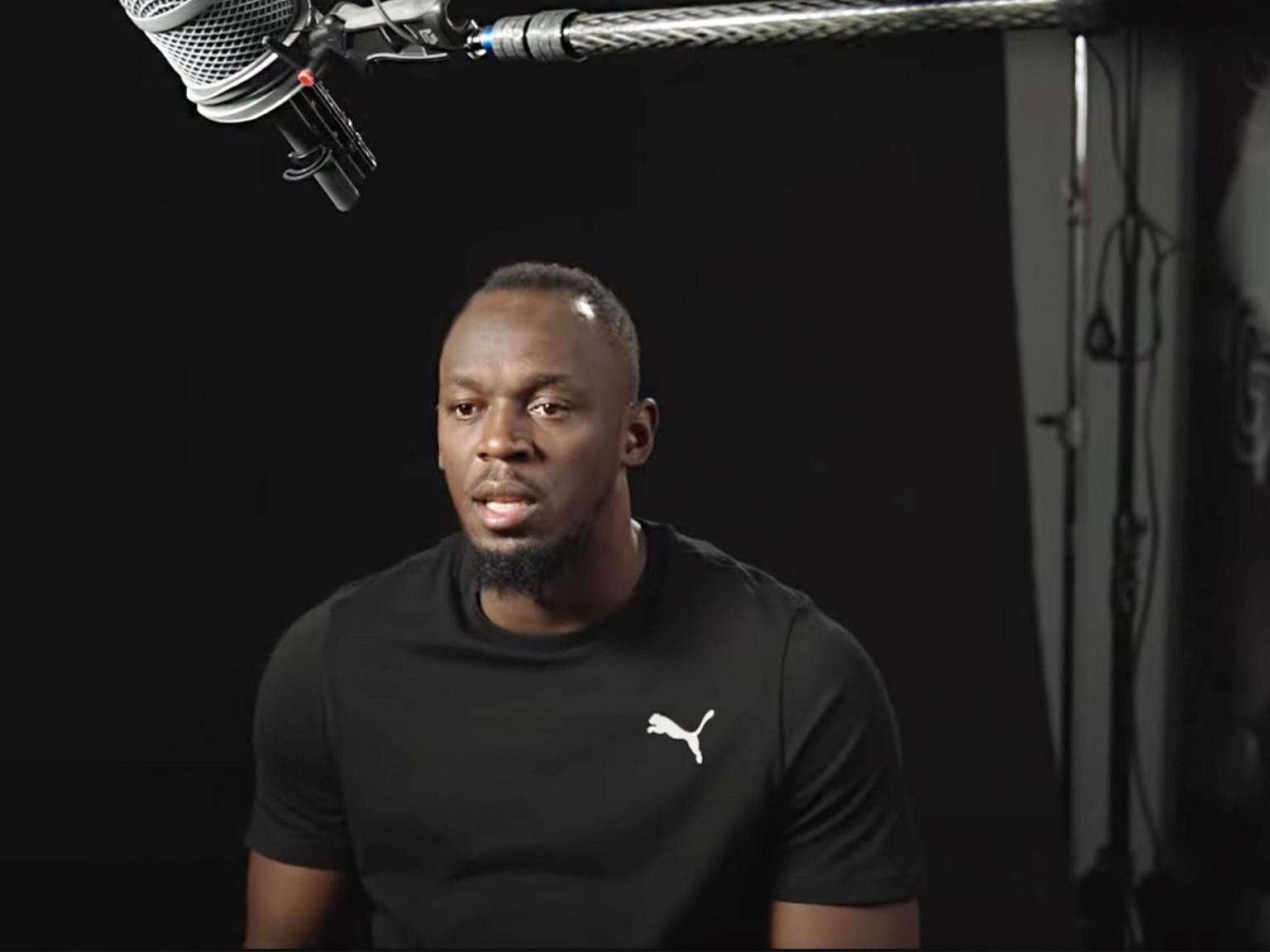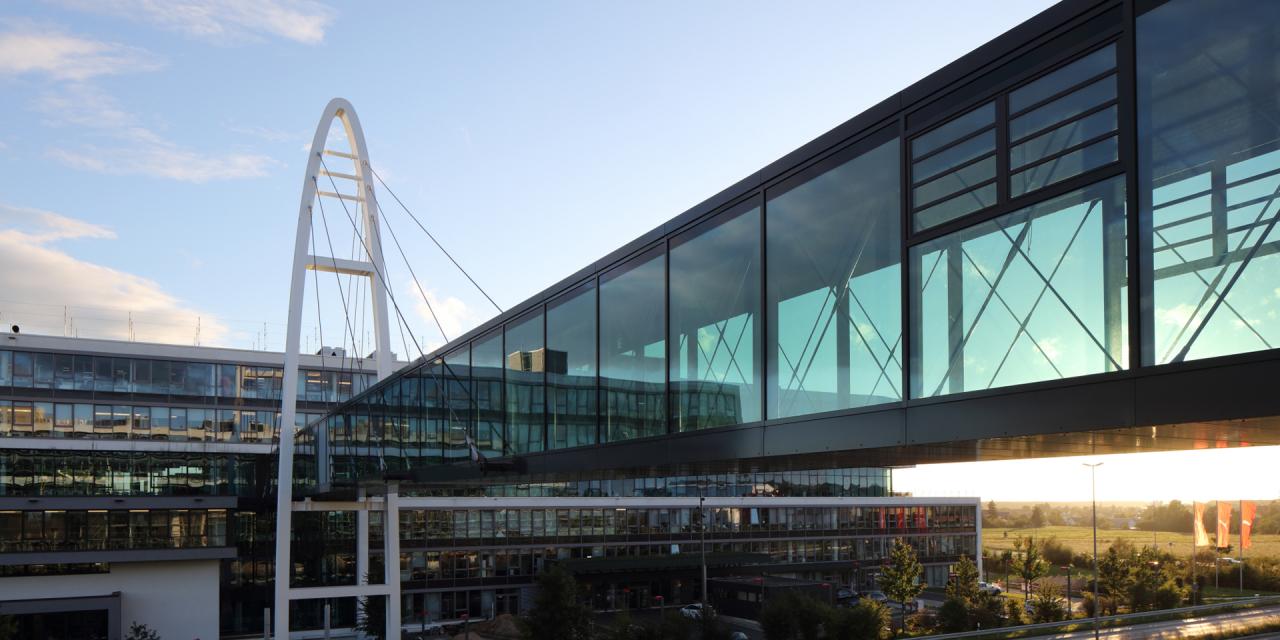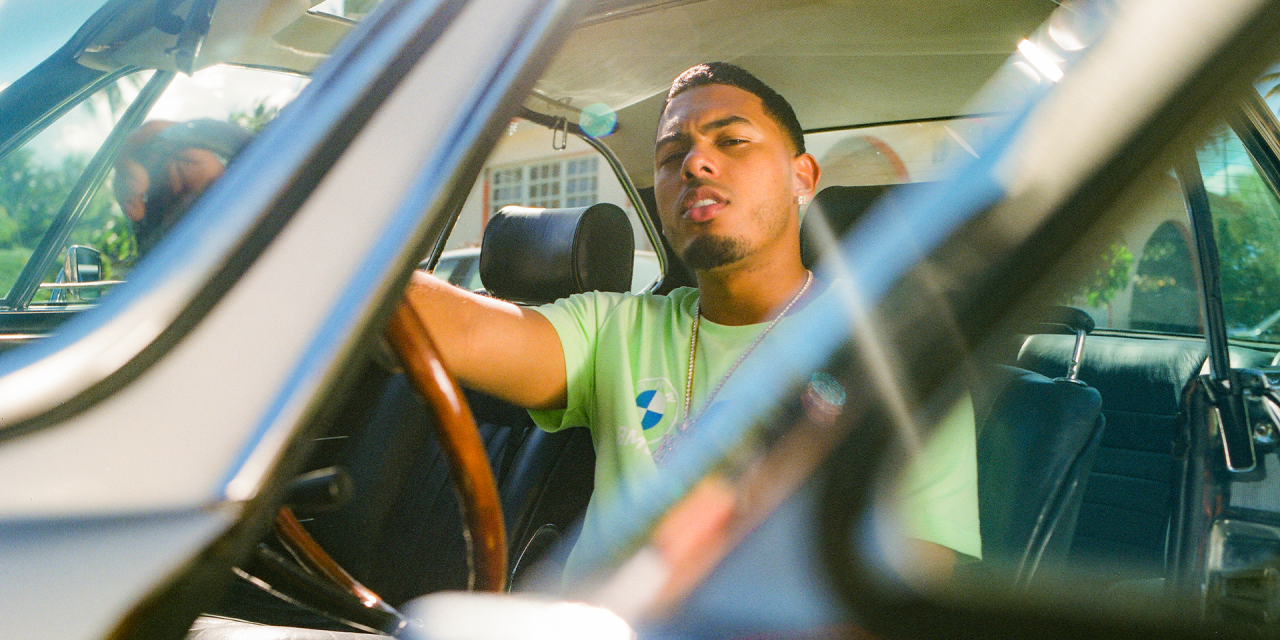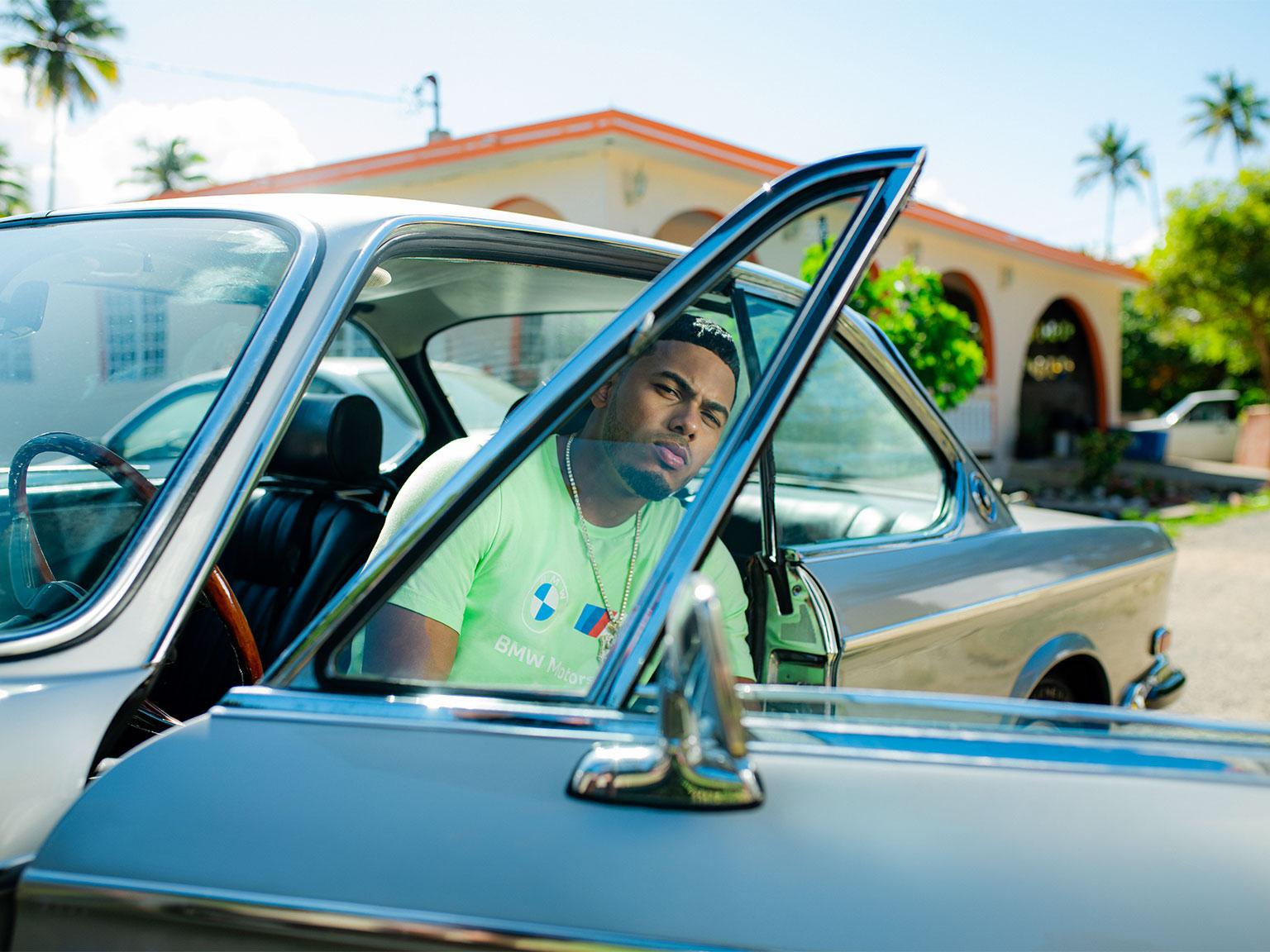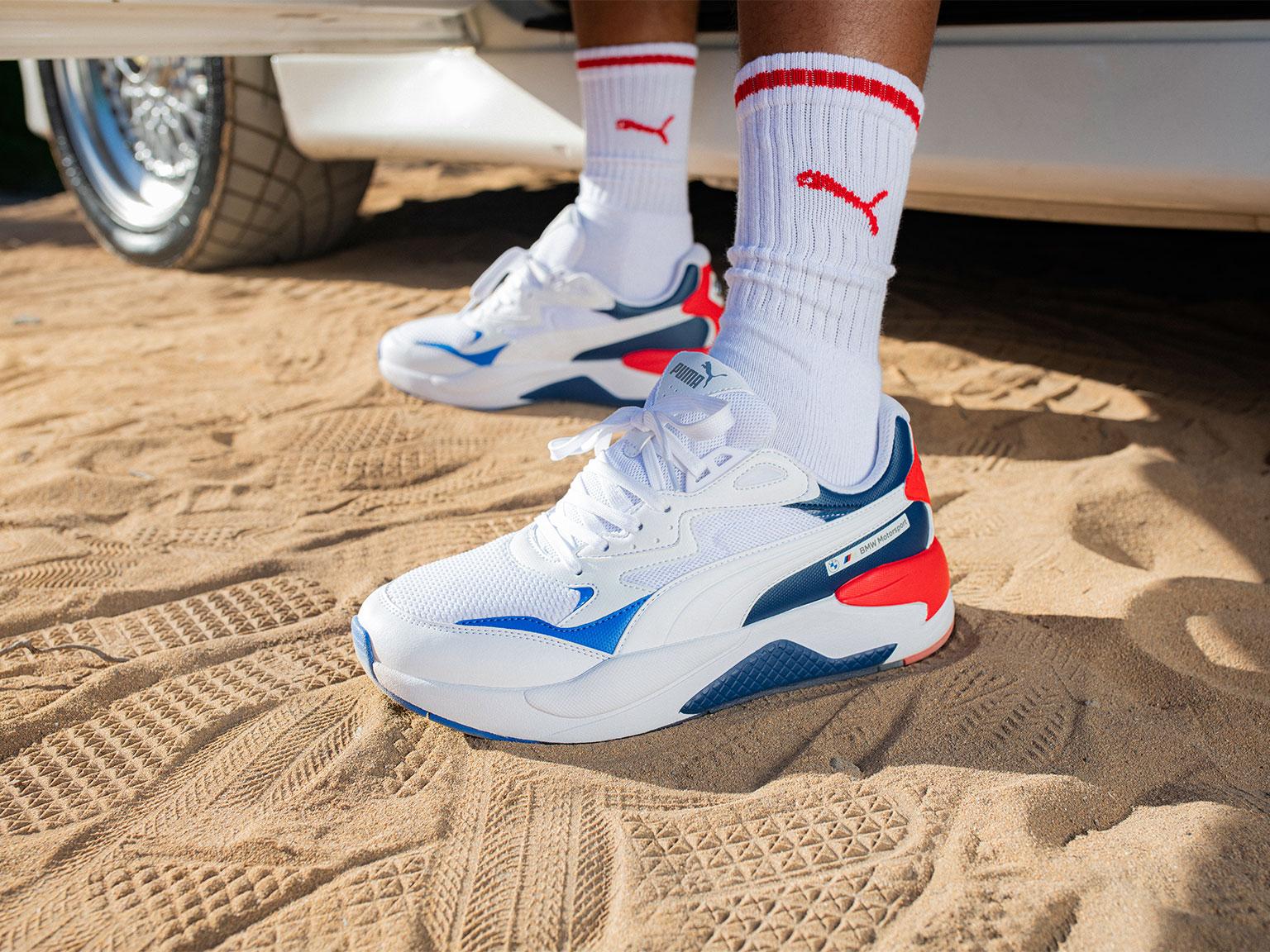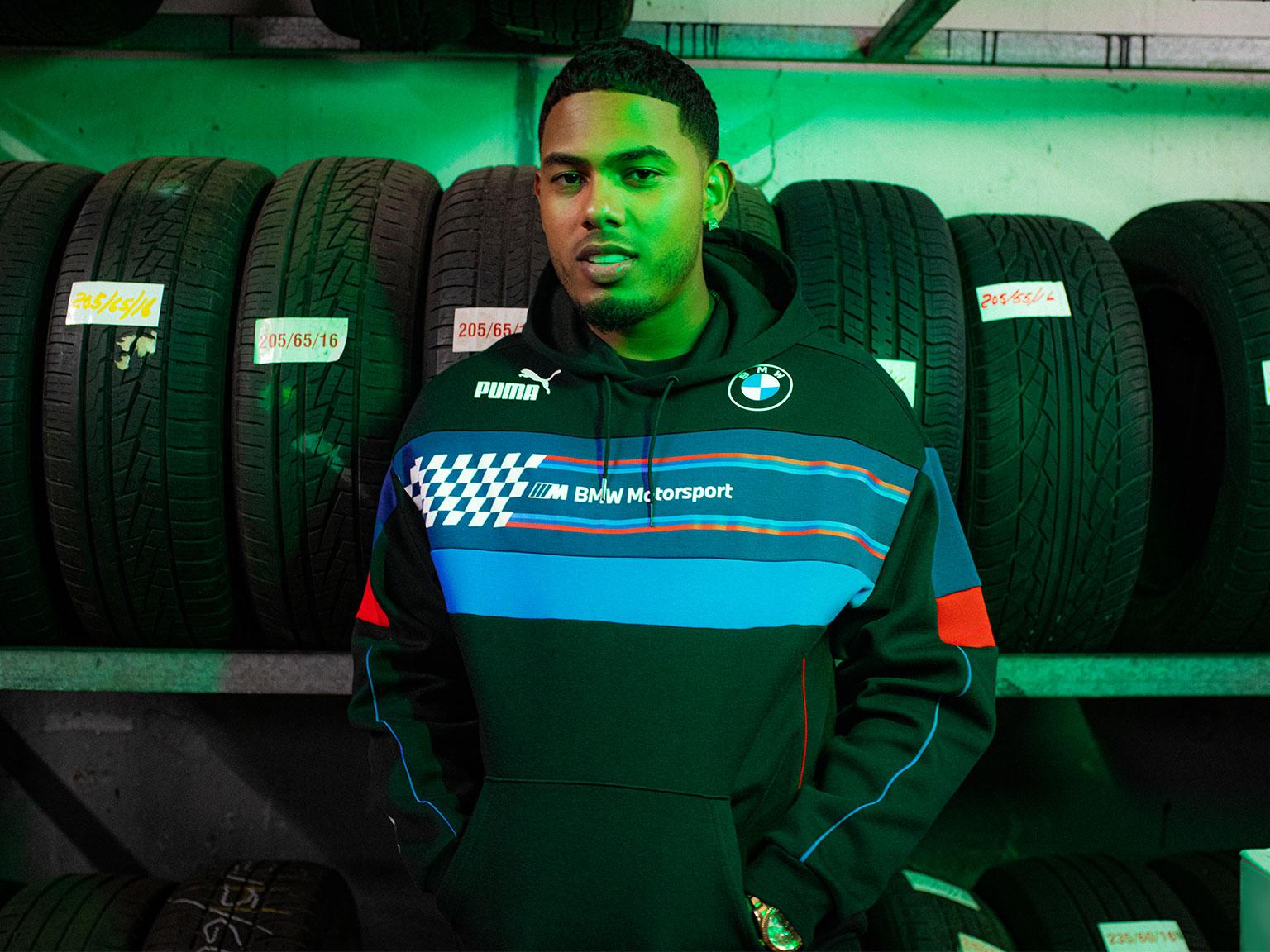Third Quarter 2021
Sales increased by 20.4% (ca) to € 1,900.4 million (+20.0% reported). The Americas reported the strongest growth of 31.2% (ca), driven by continued high demand for the PUMA brand in the North American and Latin American markets. EMEA recorded growth of 22.3% (ca), which was driven by strong demand in Europe and emerging markets such as Russia, Turkey and South Africa. Asia/Pacific grew 1.7% (ca) despite a difficult market environment in Greater China and COVID-19 related lockdowns in markets such as Japan, South East Asia and Australia. In terms of product divisions, Footwear was up by 21.6% (ca), based on continued strong demand for our Performance and Sportstyle categories. Apparel (+21.3% ca) and Accessories (+15.2% ca) also showed double-digit growth in the third quarter of 2021.Compared to the third quarter of 2019, total sales were up 35.4% (ca).
PUMA’s Wholesale business grew by 22.6% (ca) to € 1,470.5 million and the Direct-to-Consumer (DTC) business increased by 13.3% (ca) to € 429.9 million, with growth across owned & operated retail stores (+18.0% ca) and e-commerce (+4.0% ca). In line with our strategy to be a good and reliable partner for our wholesale accounts, we continued to prioritize them when supply was limited.
The gross profit margin in the third quarter improved by 40 basis points to 47.4% (Q3 2020: 47.0% / Q3 2019: 49.7%). The improvement in gross profit margin was driven by better sell-through and less promotional activity, while currency, geographical and channel mix effects as well as higher freight rates had a negative impact.
Operating expenses (OPEX) increased by 21.2% to € 678.0 million (Q3 2020: € 559.6 million / Q3 2019: € 578.5 million) as a result of higher marketing expenses, more retail stores operating as well as higher sales-related distribution and warehousing costs. PUMA continued to face operating inefficiencies especially in our supply chain in the third quarter due to COVID-19. Consequently, the OPEX ratio increased from 35.3% in the third quarter of 2020 to 35.7% in the third quarter of 2021 (Q3 2019: 39.2%).The operating result (EBIT) in the third quarter increased to € 228.9 million (Q3 2020:€ 189.5 million / Q3 2019: € 162.2 million) due to strong sales growth, improved gross profit margin and continued OPEX control. This resulted in an EBIT margin of 12.0% in the third quarter of 2021 (Q3 2020: 12.0% / Q3 2019: 11.0%).
Net earnings increased from € 113.6 million to € 143.8 million and earnings per share improved from € 0.76 in the third quarter of 2020 to € 0.96 in the third quarter of 2021.
Nine Months 2021
Sales increased by 39.1% (ca) to € 5,038.3 million (+35.6% reported). The strong sales development was driven by double-digit growth rates in all regions and product divisions.Compared to the first nine months of 2019, PUMA’s sales grew 32.0% (ca).
The Wholesale business was up 42.0% (ca) to € 3,872.5 million while the Direct-to-Consumer business (DTC) increased by 30.3% (ca) to € 1,165.8 million with growth in owned & operated retails stores (+35.0% ca) as well as e-commerce (+22.5% ca).
The gross profit margin in the first nine months of 2021 improved by 130 basis points to 47.8%(9M 2020: 46.5% / 9M 2019: 49.4%). The improvement in gross profit margin was driven by better sell-through and less promotional activity, while geographical and channel mix effects had a negative impact.
Operating expenses (OPEX) increased by 20.9% to € 1,929.5 million (9M 2020: € 1,596.4 million / 9M 2019: € 1,620.7 million). Higher marketing expenses, a higher number of retail stores in operation, higher sales-related distribution and warehousing costs, as well as operating inefficiencies due to COVID-19 contributed to this increase. However, the respective OPEX ratio decreased from 43.0% in the first nine months of 2020 to 38.3% in the first nine months of 2021 (9M 2019: 40.3%) due to higher sales growth and continued OPEX control.
The operating result (EBIT) in the first nine months of 2021 increased significantly to € 492.1 million (9M 2020: € 145.9 million / 9M 2019: € 385.0 million) due to strong sales growth, higher gross profit margin and continued OPEX control. This led to an improved EBIT margin of 9.8% in the first nine months of 2021 (9M 2020: 3.9% / 9M 2019: 9.6%).
Net earnings increased from € 54.2 million to € 301.7 million and earnings per share were up from € 0.36 in the first nine months of 2020 to € 2.02 in the first nine months of 2021.
Working Capital
The working capital increased by only 2.3% to € 719.0 million (September 30, 2020: € 703.2 million / September 30, 2019: € 915.7 million). Inventories which include Goods in Transit were up by 11.6% to € 1,363.9 million. The COVID-19 related lockdown in South Vietnam and corresponding delays restricted the product supply and consequently limited inventory levels at the end of the third quarter. As a result of the strong sales development in the third quarter, trade receivables rose by 39.0% to € 1,058.6 million. On the liabilities side, trade payables were up by 28.4% to € 1,202.8 million.
Outlook 2021
2021 started with an all-time high of COVID-19 cases globally and continued restrictions for our operations in numerous markets as well as supply chain constraints due to container shortages and port congestion. In addition to the implications from the COVID-19 pandemic, political tensions in some of our key markets also had a significant impact on our business. Despite the uncertainty, PUMA has maneuvered well throughout the first nine months of the year, based on continued brand momentum, successful product launches with high sell-through and a strong focus on flexibility in our operations.
Considering the strong financial performance in the first nine months of the year, PUMA further specifies its outlook and now expects the currency-adjusted sales to increase at least 25% (previous outlook: at least 20% currency-adjusted sales growth) in the financial year 2021. The operating result (EBIT) is now expected to be in a range between € 450 million and € 500 million (previous outlook: between € 400 and € 500 million). In line with the previous outlook, PUMA does not provide a detailed outlook on the gross profit margin and OPEX development. The net earnings are still expected to improve significantly in 2021.
As a result of the longer-than-expected lockdown in South Vietnam as well as port congestion and container shortages, the industry faces delays, which are having a negative impact on PUMA’s product supply in the short-term. PUMA will continue to maneuver through these challenges by building on its brand momentum and operational flexibility. The strong and profitable growth in the first nine months of 2021, a strong product line up as well as very good feedback from retail partners and consumers make us confident for the mid-term success and growth of PUMA.
